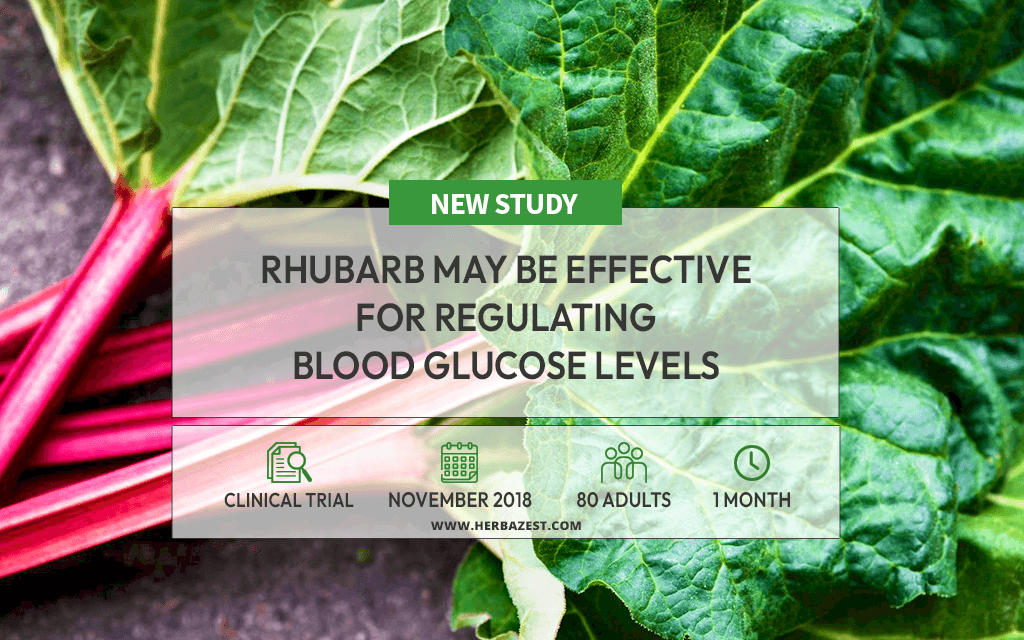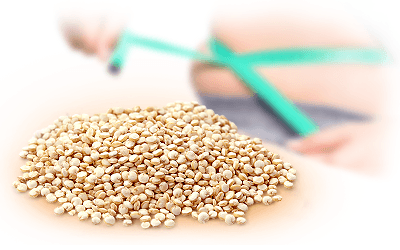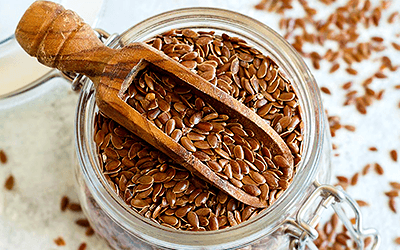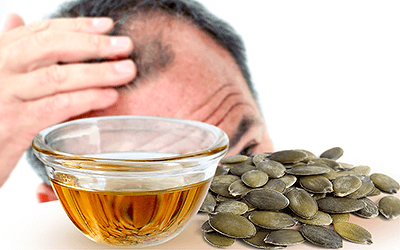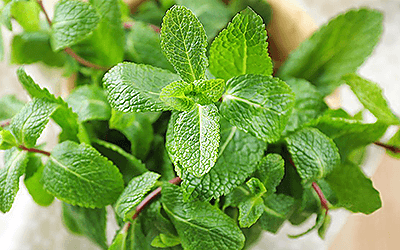For those struggling with diabetes, managing blood sugar levels is crucial to prevent complications such as heart disease, nerve damage, and kidney problems. While conventional treatments like insulin and oral medications are standard, researchers continue to explore natural alternatives that may support blood sugar control. One such plant is rhubarb, which has been traditionally used for digestive health and as a natural laxative in herbal medicine but has not been widely studied for its effects on diabetes.1 A clinical trial aimed to determine the effects of rhubarb extract on diabetic parameters.
The Study
Researchers conducted a randomized, placebo-controlled study involving 80 participants with type 2 diabetes, all aged 30-60, with fasting blood sugar levels above 140 mg/dL.
The participants were split into two groups: one received rhubarb stem extract capsules three times daily, while the other received a placebo. Both groups continued their usual diabetes medications and diet.
The study lasted for one month, during which researchers measured changes in fasting blood glucose (FBS) and HbA1c levels, two key markers of blood sugar control in people with type 2 diabetes.
The Results
The findings showed a significant reduction in blood sugar levels for those who took rhubarb extract. Fasting blood glucose decreased by almost 22%, while HbA1c (which reflects long-term blood sugar control) dropped by about 19%.
In contrast, the placebo group did not experience any meaningful changes in their blood sugar levels.
What Does this Mean?
These results suggest that rhubarb extract may help lower blood glucose and improve long-term diabetes management. While it should not replace prescribed medications, incorporating rhubarb into a balanced diet could serve as a potential complementary treatment for type 2 diabetes.
Although the exact mechanism behind rhubarb's benefits for diabetes management is not fully understood, researchers suggest that its compounds, such as flavonoids and antioxidants, may help stimulate insulin secretion and reduce glucose levels in the bloodstream.
Other herbs, such as cinnamon, fenugreek, and flaxseed, have also been studied for their potential to regulate blood sugar levels. While more research is needed, these findings reinforce the role of nutrition and herbal remedies in diabetes care.
Sources
- BioMedicine, Study of the effect of the essential oil (extract) of rhubarb stem (shoot) on glycosylated hemoglobin and fasting blood glucose levels in patients with type II diabetes, 2018
Footnotes:
- Chinese Medicine. (2020). What we already know about rhubarb: a comprehensive review. Retrieved February 25, 2025, from https://pmc.ncbi.nlm.nih.gov/articles/PMC7448319/
